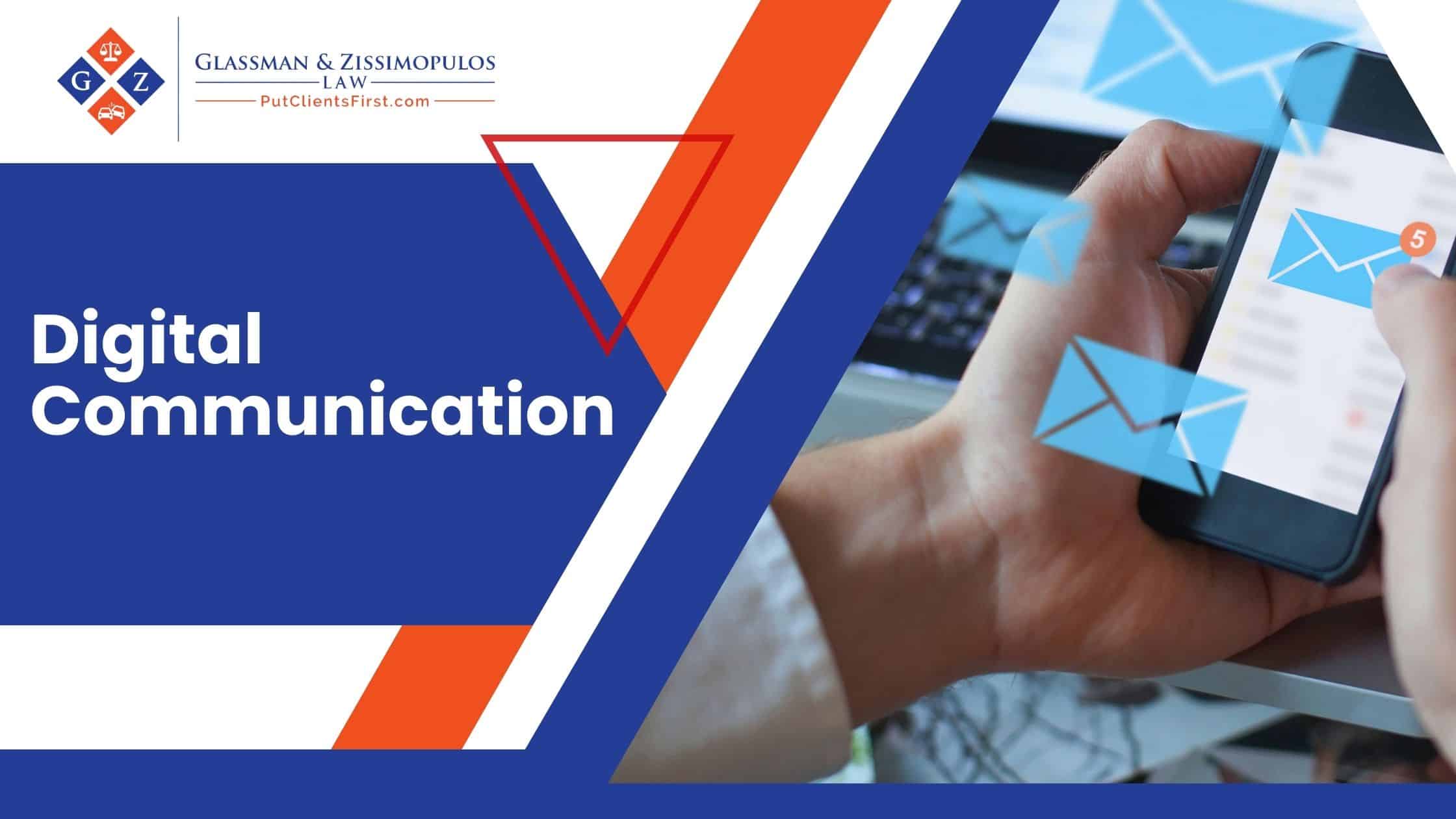You’ve got Mail
Technology advances break down barriers and allow for increasingly faster sharing of information like pictures, videos, and messages. Digital applications like Snapchat, Facebook Messenger, and WhatsApp make communication more accessible than ever, and file-sharing programs like Dropbox allow massive files to be shared with a simple downloadable link.
While these technologies are fantastic, they raise important questions about who can access these files. Before the advent of digital communication, there were traditionally three parties who would be involved in the transmission of a letter: the author, the recipient, and the courier. There was always a risk that a less-than-scrupulous courier could intercept and read a message, but the risk was minimal, and the fear of widespread dissemination was even less realistic.
Modern technology, including the devices and applications used to process these communications, are the modern couriers of today. The difference is that these couriers have instant access to the content of our messages, creating an obviously greater risk for third-party interception of our communications.
Everyone would agree that a postal carrier would violate an important trust if they opened a letter and read it. But how do these expectations translate in the digital world? Yahoo Mail was one such “communications” application that showed the disastrous outcome of such events. Bob Lord, Yahoo’s Chief Information Security Officer, admitted: “we believe an unauthorized third party, in August 2013, stole data associated with more than one billion user accounts.” Nearly a billion users had their email addresses, phone numbers, and passwords stolen because of the ways that Yahoo stored their personal data. To read the “Important Security Information for Yahoo Users” article, visit http://bit.ly/2hx4OuL.
These technologies certainly have the power to make a lawyer’s life easier, but they also introduce new challenges for the modern attorney. As lawyers practicing in Gainesville, Florida, Dan Glassman, and Nick Zissimopulos understand that lawyers are responsible for vigilantly guarding our client’s confidences and private communications. In fact, every Florida lawyer must take an oath of admission before becoming a part of the Florida Bar. In part, this oath provides, “I will maintain the confidence and preserve inviolate the secrets of my clients.”
Does this mean that lawyers cannot use these technological tools? No. In fact, the Florida Bar has issued an advisory opinion addressing the use of cloud computing tools. In this opinion, the Florida Bar advised that “lawyers may use cloud computing if they take reasonable precautions to ensure that confidentiality of client information is maintained, that the service provider maintains adequate security, and that the lawyer has adequate access to the information stored remotely. The lawyer should research the service provider to be used.”
At Glassman & Zissimopulos Law, we know the power these new technologies provide and how that must be balanced with the great responsibility to protect our clients.


0 Comments